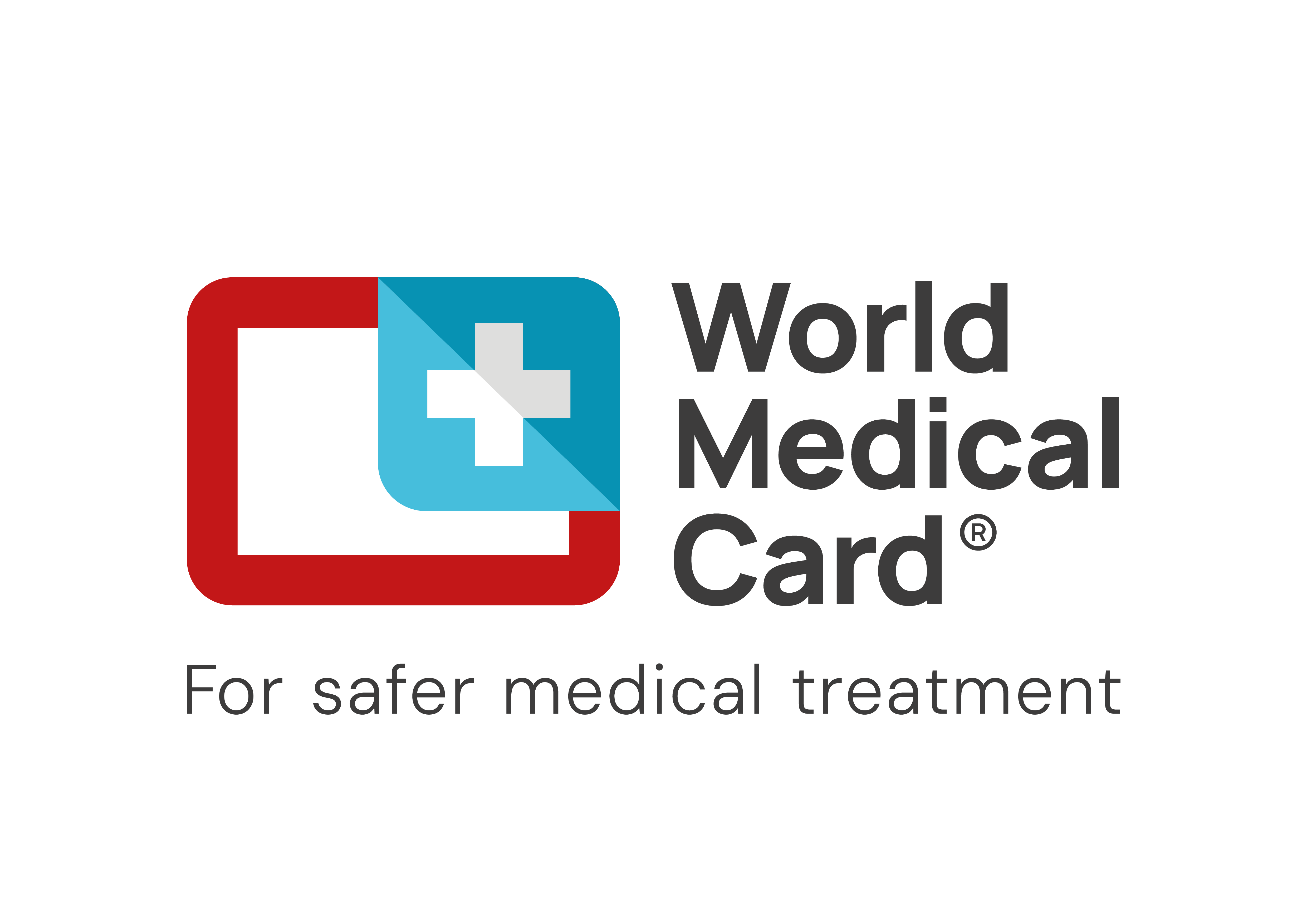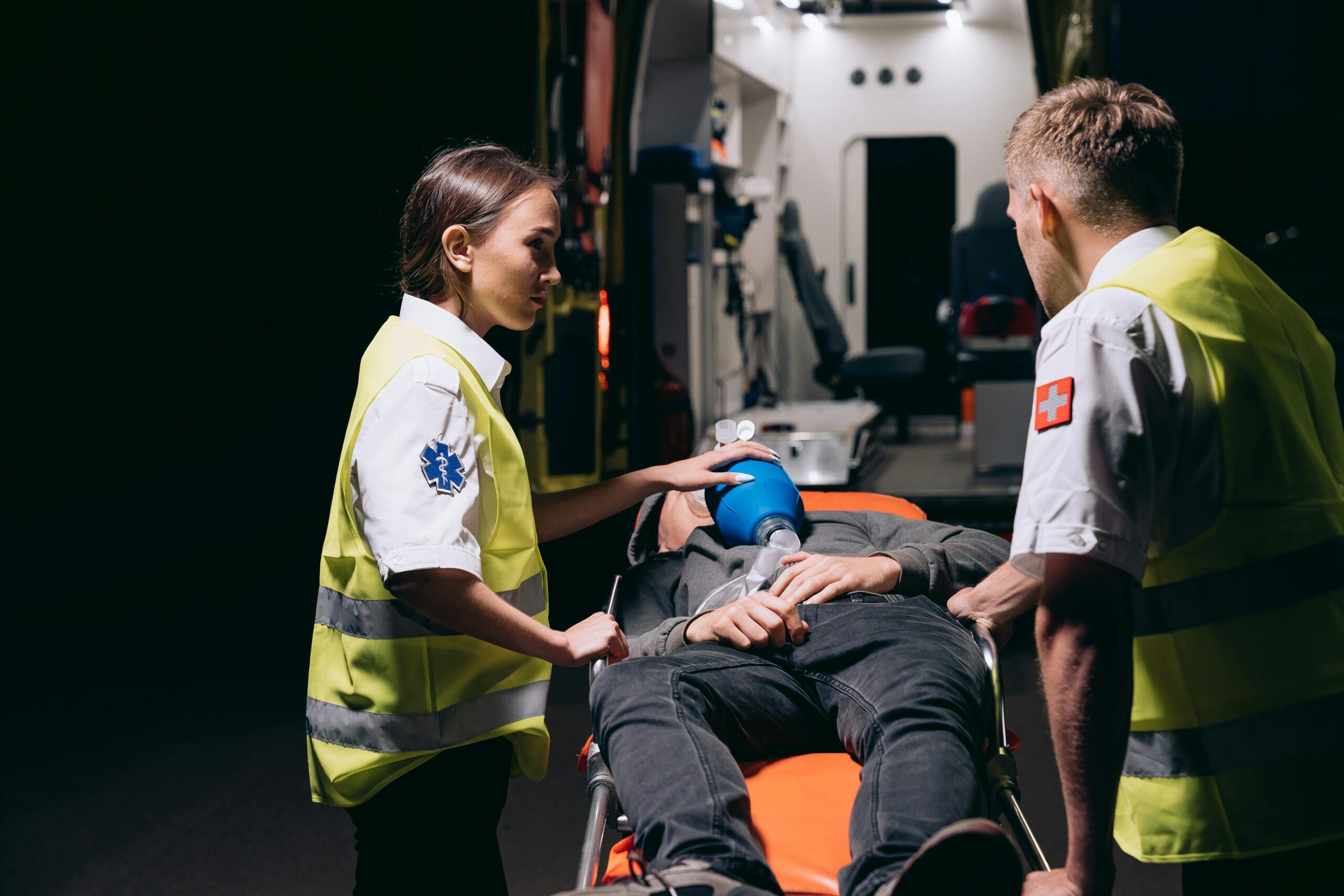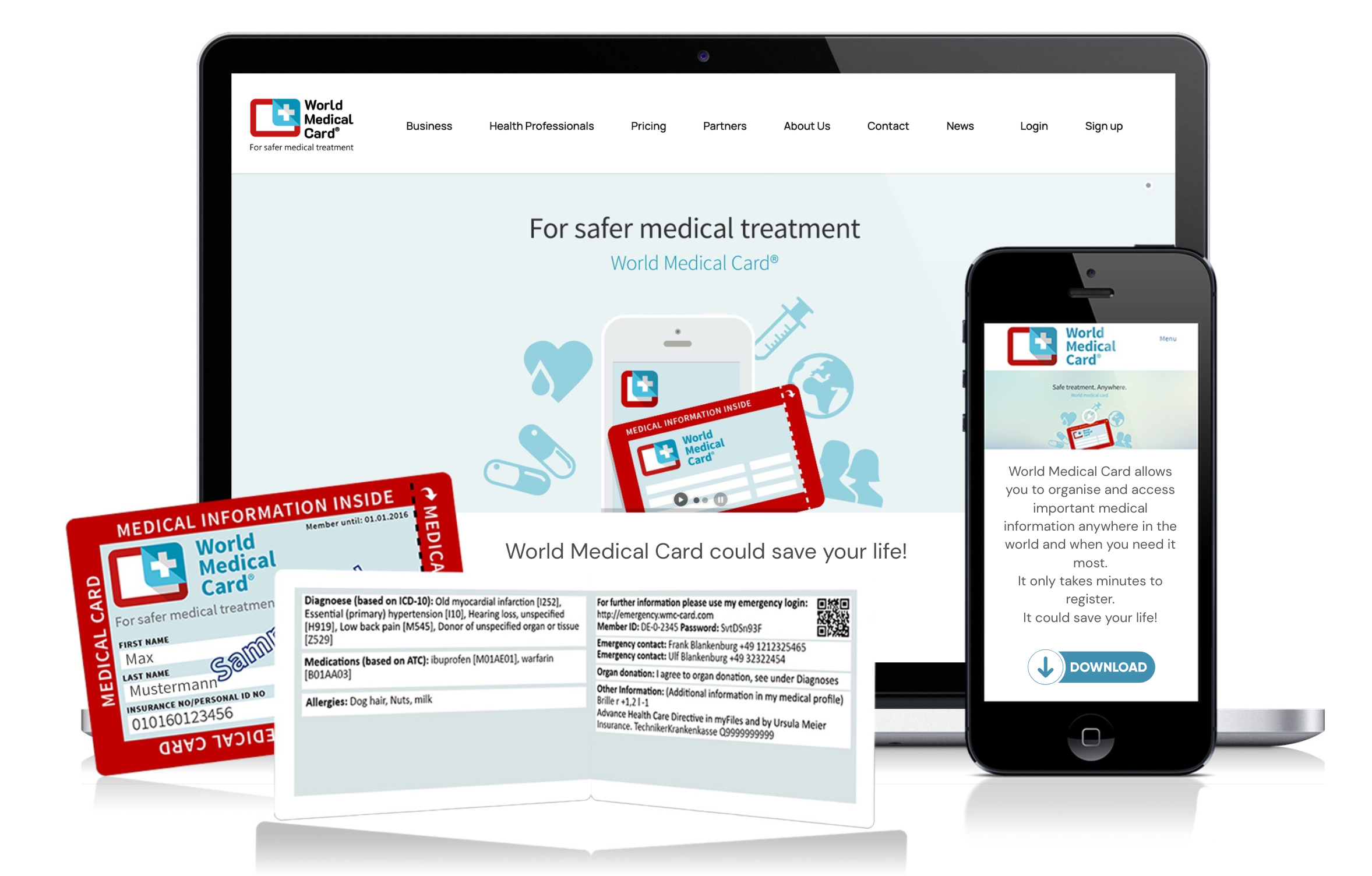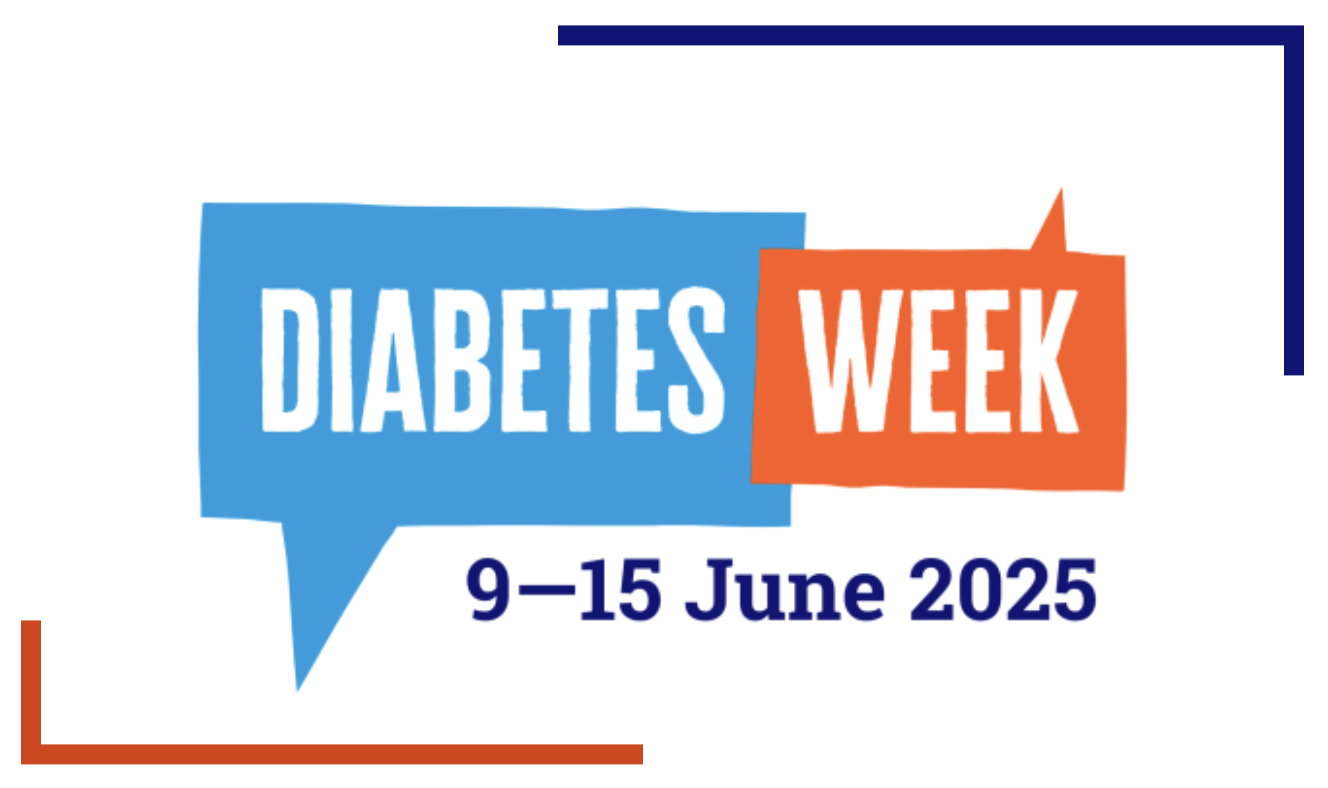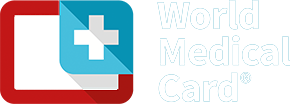When Time Is of The Essence
Here’s a response a family member received from a medical doctor regarding a complaint made about the length of time it took for one elderly patient to receive emergency treatment in her hometown.
“…Thank you for your letter concerning the treatment of your mother in our Emergency Department (ED) after she fainted. It took so long as we had trouble getting sufficient medical information about your mother. If we knew that there was a recent change in her medication that explained her syncope and fall, the whole process could have been much faster.”
At times, we may not be capable of giving sufficient and reliable information about our medical history. We may forget when we were vaccinated, the exact details of an operation or even the dose of our medications. Even worse, in an emergency, we may be unable to locate our general practitioner (GP) during non-office hours. A study including 104 patients of at least 75 years of age showed that in a quarter of cases, no complete basic medical history (allergies, medication, pre-existing illnesses, name of GP) could be obtained in the emergency setting. Only 16 patients were able to provide all necessary information on their own. Contacting relatives or GPs prolonged the time until complete medical history was present to around 26 minutes (relatives) and 56 minutes (GP). However, this is not only a problem for the elderly, as there are a lot of daily scenarios in the Emergency Department.
This is where the World Medical Card® can help.
The World Medical Card® is a physical medical alert card and App that holds your vital medical information. Medical professionals can use it to provide you with fast and accurate treatment in case of an emergency anywhere in the world. The digital solution could greatly help close this information gap in emergency care.
